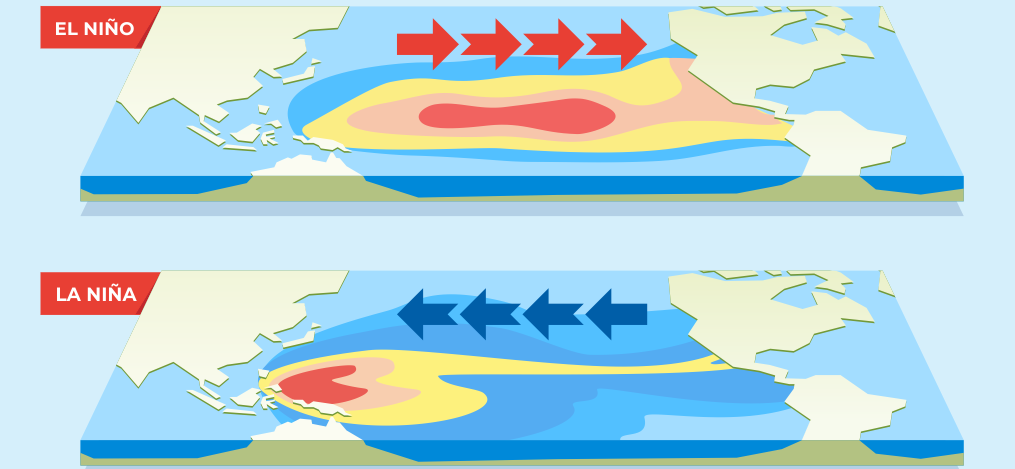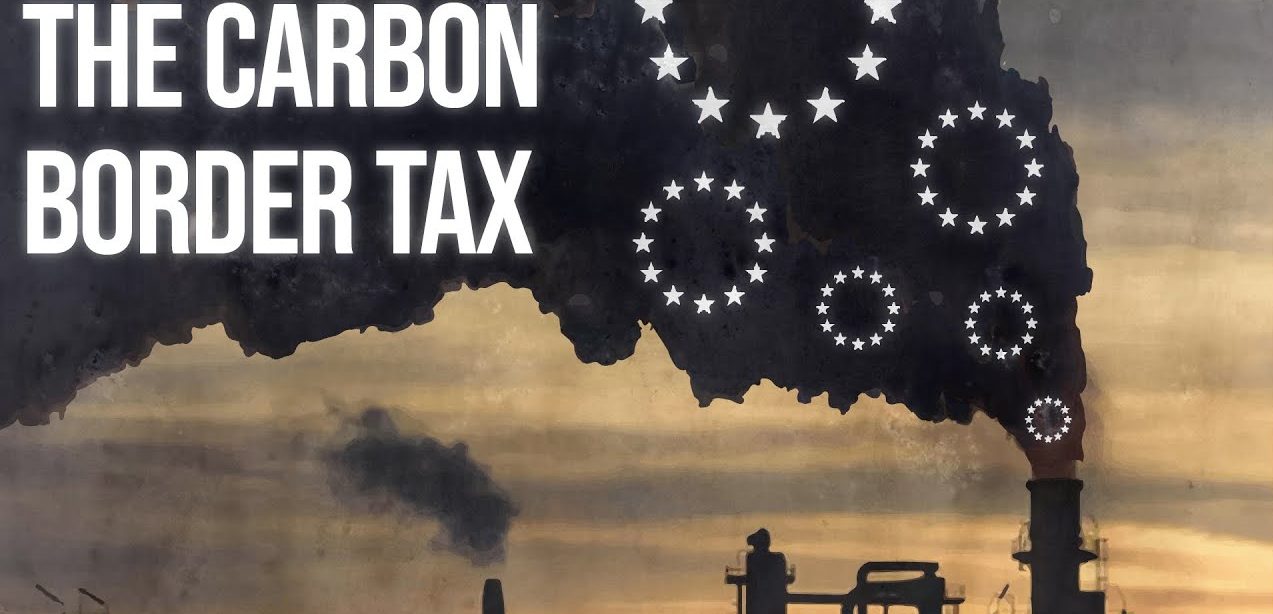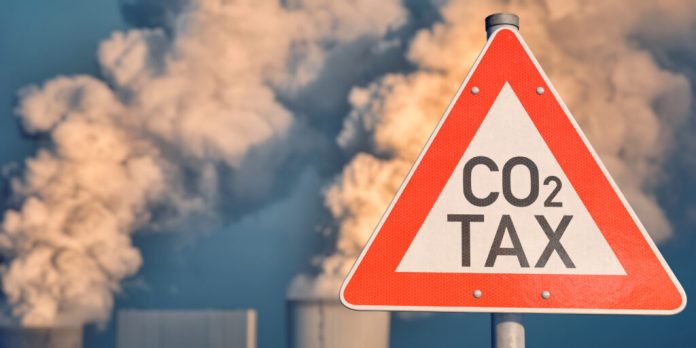- All those advocates of global climate warming believe that some concrete measures should be strategized now for the well-being of the present generation as well as future generations to come. The ferocity with which the natural habitats of this magnificent universe have been subjected to unadulterated and unchecked abuse over the decades is directly proportionate to the increasingly unpredictable vagaries of weather patterns experienced lately. What once used to be predictable weather patterns has paved way for El Nino and La Nina which are events associated with warming as well as cooling off the central and eastern tropical Pacific.

PC: AHA Centre
- Widespread destructions caused by these extremely erratic weather patterns are playing havoc across the globe largely punctuated with tremendous loss of lives and livelihoods is obvious. Many agrarian countries hugely dependent on the monsoon rains are reeling under the impact of either excess rainfall leading to water inundation badly damaging the crops or almost drought-like conditions resulting in very little availability of water for agriculture-related purposes. People in the know would recollect how thousands of farmers have resorted to committing suicide owing to the agrarian crisis where erratic weather is one of the factors pushing them to the precipice.
- To its credit, the global community recognizes the gravity of the situation and hence has joined hands to tackle climate change and carbon emissions with growing alacrity to address the environmental concerns comprehensively. As a corollary to this endeavor, the recent announcement made by the European Union’s proposed carbon border tax prima facie appears to be a terrible idea. India has rightly expressed strong reservations about the scheme that will see the 27 nation European block impose, from 2026 onwards, border taxes on imports of carbon-intensive goods such as steel, aluminum, cement, fertilizers, and electricity.

PC: Into Europe
- The logic behind such a move would be to incentivize greener manufacturing around the world and create parity with European manufacturers who are already subjected to substantial carbon levies. Any layman would sneer at the means adopted here as any envisaged fundamental change cannot be forced by tariffs. Such a measure is tantamount to protection and will hit emerging economies like India very hard. It is advisable to consider other green plans adopted by countries before going ahead with the proposed tax. Make no mistake, the EU is bypassing the principle of common but differentiated responsibilities that should guide international climate action.
- It is common knowledge that rich countries of the global north bear historical responsibility for greenhouse gas emissions. Unfortunately, they are obfuscating obligations as Oxfam says that rich countries have failed to make good on promises of technology transfer and financial assistance to help developing nations transition to low-carbon pathways. Note that rich nations have only mobilized $22.5 billion against the targeted $100 billion for climate funding. Thus, the EU is advised to revisit its proposed carbon tax which will eventually prove to be counterproductive and disruptive for global trade already suffering from Covid disruptions. Rising protectionist measures would serve little in addressing a global phenomenon. Scrap it, now!






